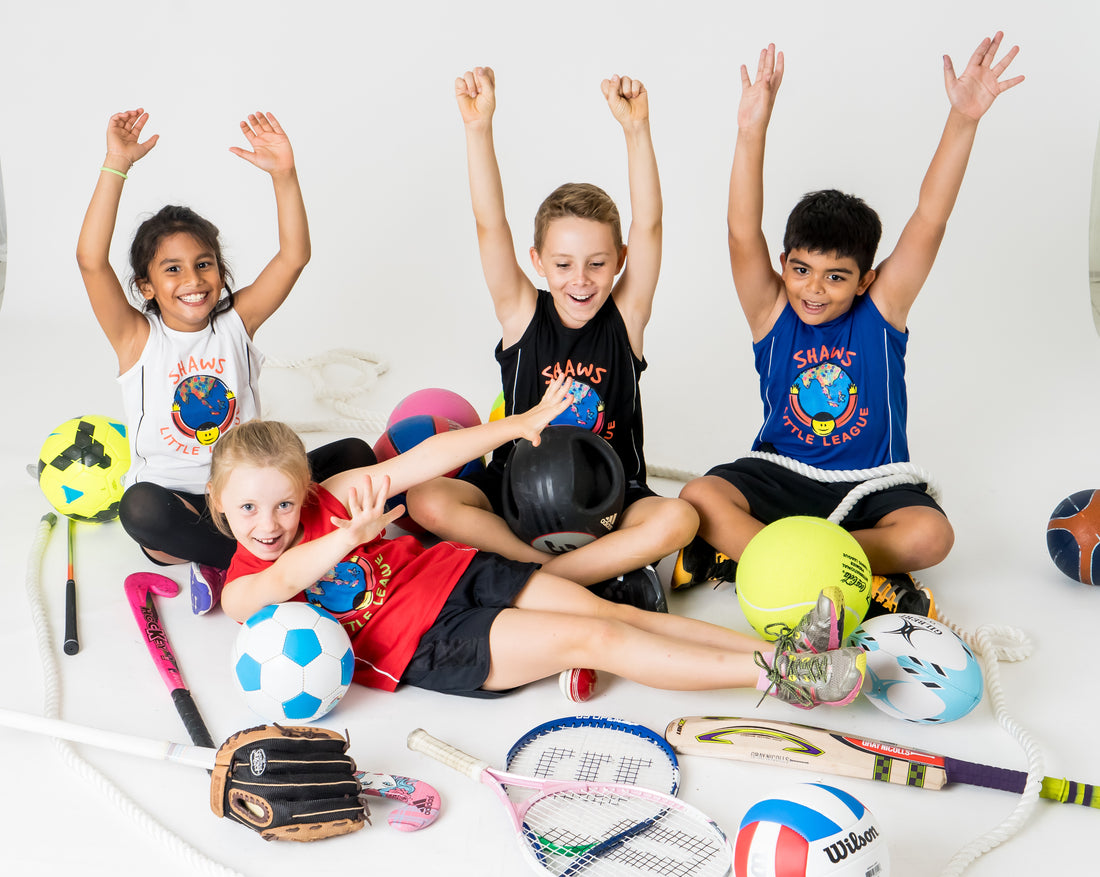We hope that you are all well, keeping safe, sane and also managing to get all the things done that you need to do.
As we all know, playing sport is lots of fun and beneficial to everyone who participates. We all know about physical and health benefits that sport provides, but what else is there?
In addition to doing sports training (alone) while the Covid-19 restrictions are in place, we have spent a lot of time reading up on how sport and physical activity impacts on the brain.
Below is a summary of what we have found and why we think that children should be spending time doing sport and physical activity:
- Exercise increases the flow of blood to the brain. The blood delivers oxygen and glucose, which the brain needs for heightened alertness and mental focus. Because of this, exercise makes it easier for children to learn.
- According to U.S. researchers, exercise builds new brain cells in a brain region called dentate gyrus, which is linked with memory and memory loss. People who exercise regularly have improved short-term memory, exhibit faster reaction time, and have higher level of creativity.
- According to John Ratey (An Associate Clinical Professor at Harvard Medical School), exercise builds up the body’s level of brain-derived neurotrophic factor or BDNF. BDNF causes the brain’s nerve cells to branch out, join together and communicate with each other in new ways, which leads to a child’s openness to learning and more capacity for knowledge.
- Psychologists in the University of Illinois at Urbana-Champaign studied how exercise affects the actual shape and function of the children’s brain. They found that fit children scored better in a series of cognitive challenges and the kids’ MRI showed a significantly larger basal ganglia, a key part of the brain that aids in maintaining attention and “executive control,” or the ability to coordinate actions and thoughts crisply.
- A separate study by the same institution finds that fit children also have bigger hippocampi. To do complex thinking, the hippocampus and basal ganglia regions interact in the human brain structurally and functionally.
- Exercise helps creativity. A 2007 experiment has found that a 35 minute treadmill session at 60 to 70 percent of maximum heart rate improves cognitive flexibility, the ability of the brain to shift thinking and produce creative, original thoughts.
- Activities that involve balance and jumping activities, strengthen the vestibular system that creates spatial awareness and mental alertness. This provides your child with a framework for reading and other academic skills.
- Studies in University of Illinois have shown a strong relationship between fitness scores and academic achievement among primary school children.
- Research by Oppenheimer Funds shows that kids who participate in organized sports learn confidence, teamwork and leadership. Eighty one percent of women business executives played team sports as girls.
- A Swedish study showed that cardiovascular fitness is associated with cognition in young adulthood. The research hypothesize that aerobic exercise produce specific growth factors and proteins that stimulate the brain.
We really didn’t make any of the above up. Whilst the various parts of the brain may be big words and hard to understand (for us anyway), the benefits of sport and exercise are all very clear.
We always knew that sport and physical activity are good for children, but we didn’t know it was so damn good. Sport really can help a child to proverbially “punch above their weight” or even excel in other areas.
When children come to Shaws Little League, they all have to listen, try hard, play nicely – not just to learn sports skills and all the other physical benefits of playing sport – but also to help in developing their brains.
We are really looking forward to sport starting up again and we can’t wait to see your children again.
See you all soon.

